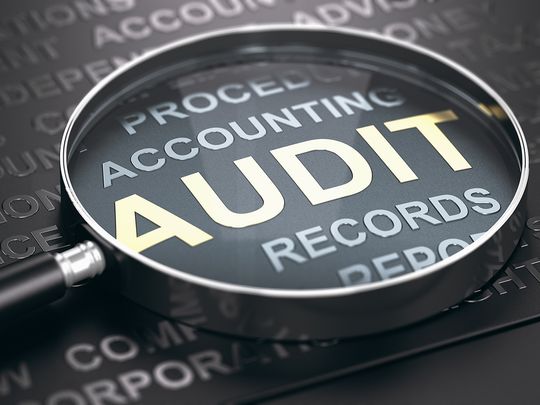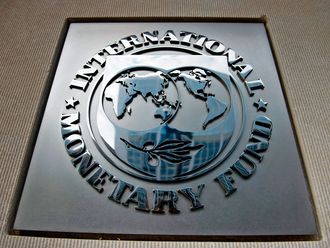
Dubai: Banks in the UAE have been getting bogus financial statements from some of their small business clients using the letterheads of reputed audit firms, according to a senior industry source.
The Ministry of Economy will be alerted about this issue, which if unchecked by banks could have consequences for them, sources add.
“We have only just become aware of this scam and that too because one of the banks receiving these statements from one of their (prospective) clients decided to recheck some of the figures - on receivables, liabilities, revenue, etc. - with us directly,” said Raju Menon, Chairman and Group Managing Partner at Kreston Menon Chartered Accountants.
“We found that the submitted financials was not done by any of our offices. The matter is serious, and I do hope there are not many of such instances."
He added that the firm is going to sound out the Ministry of Economy and is also planning to file with the police.
Sources in the banking and audit industry confirmed that they are doing internal checks to see if bogus submissions have gotten through.
Falsified credentials
These financials seem to have been put together by independent auditors, but what’s galling is the use the credentials of leading audit firms in the country as cover for their work. Interestingly, it’s those audit firms outside of the ‘Big 4’ companies that seem to be targeted.
For those businesses using the independent auditors to do their books, it could be a cost thing compared to what they would have to pay for a top-tier audit firm.
“Also, some of the financials could be inflated, whether it’s the size of the receivables, or some numbers could be downplayed, such as the liabilities,” said Menon.
More than that, it’s the risk factor for the banks that are at stake here. Some of the submitted documents using these false credentials obviously are done up with some sophistication.
“It’s only the one bank that called us to verify the numbers they had received,” said Menon. “These statements even had fake signatures attached to them, which is where the extent of the malafide activity shows.”
Not related to corporate tax submissions
Industry sources add that such submissions of falsified statements have nothing to do with businesses in the UAE needing to get ready for corporate tax registrations or filing, as the case may be.

Under UAE corporate tax rules, only businesses with Dh50 million or over as revenues need to submit fully audited statements.
“These fake submissions to banks are more for getting services from those financial institution,” said Menon. “We believe these are not isolated instances – we are getting a similar feedback from other firms too.”
Putting a stop to the problem
While banks will need to firm up their defences against fraudulent submissions, another way would be to assign a ‘unique document identification number’ or something similar.
“In India, the UDIN is an 18-digit system-generated unique number assigned to every document certified or attested by a practicing chartered accountant,” said an industry source. “This mechanism ensures that each document can be verified for its authenticity, thereby enhancing the trust and reliability of financial reports.
“Implementing a similar mechanism would not only deter fraudulent activities but also reinforce the confidence of banks in the authenticity of the reports they rely on.”










